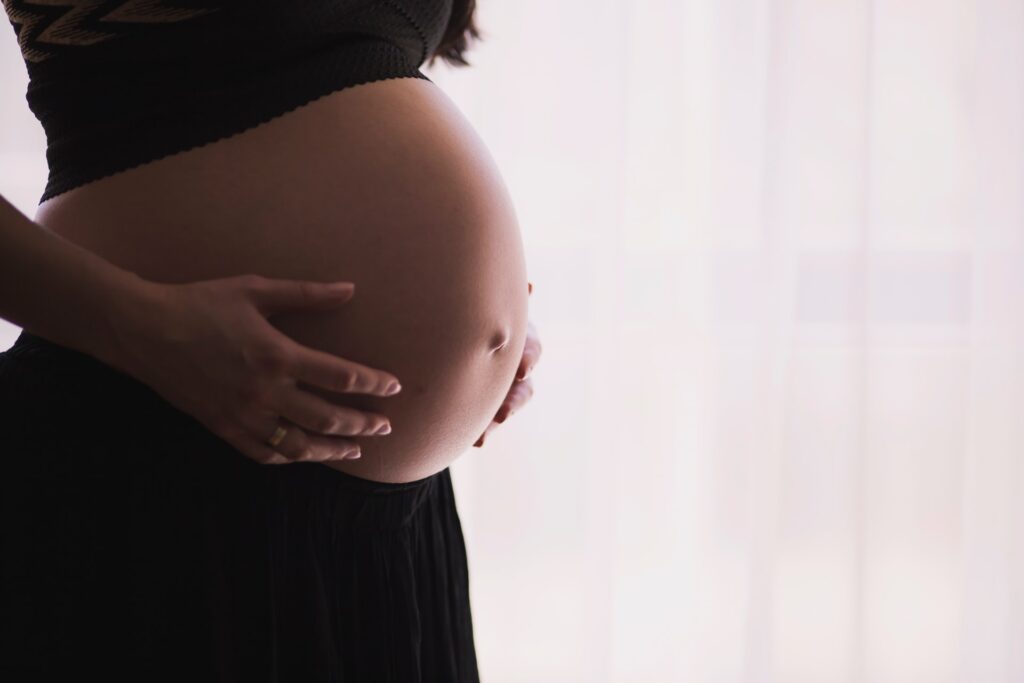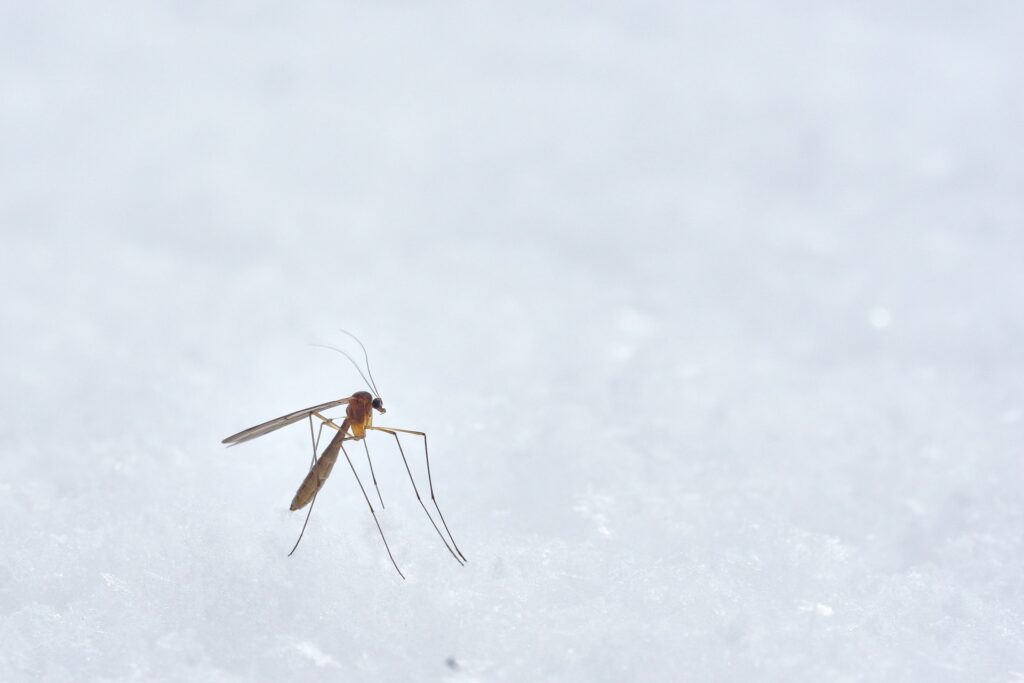Menstrual cramps (dysmenorrhea) are cramps or pains in the lower abdomen. Many women experience menstrual cramps just before and during their menstrual periods.
For some women, the discomfort is merely irritating but for others, menstrual cramps can be severe enough to interfere with everyday activities every month.
Most of the menstrual cramps have no underlying condition which tend to lessen with age and often improve once a woman has given birth. Severe or prolong menstrual cramps may be caused by underlying problems, such as endometriosis or uterine fibroids. Treating any underlying cause is key to reducing the pain. Talk to your doctor.
Ways to get rid of mild menstrual cramps:
1. Drink plenty of water.
Staying hydrated won’t treat your cramp directly, but it can help with bloating, which makes cramps feel worse.
2. Comfort Foods
Take low-fat, high-fiber diet: whole grains, lentils and beans, vegetables (especially leafy dark-green ones), fruits, and nuts. Nutrients such as vitamins E, B1, and B6, magnesium, zinc, and omega-3 fatty acids cut back on the hormone-like substances responsible for those painful cramps or help relieve muscle tension and inflammation. Avoid fatty fried foods
3. Avoid caffeine, alcohol and smoking
4. Pain killer
In small amount and short duration they are usually safe
5. Use heat
Soaking in a hot bath or using a heating pad, hot water bottle or heat patch on your lower abdomen may ease menstrual cramps. Applying heat may be just as effective as over-the-counter pain medication for relieving menstrual cramps.
6. Stretching and exercise
7. Massage and acupressure may help.
8. Herbal.
Herbal supplement such as evening primrose oil has also been found to help some women with cramps, but the scientific evidence isn’t strong. Check with your doctor before you take these
9. Get enough sleep and rest.
10. Talk to your doctor
Especially if your menstrual cramps disrupt your life every month, if your symptoms progressively worsen, or if you start to have severe menstrual cramps only after the age of 30. We might need to check for other cause of stomach cramps.
(Dr Lee Chong Han)
(The article is provided only for medical education purposes. It is by no mean to substitute for professional medical advice, diagnosis, or treatment. These are medical procedures performed by medical professional and should not be performed in a non-medical setting. Please contact your own physician or other qualified health care provider with any questions you may have regarding your medical condition.)



